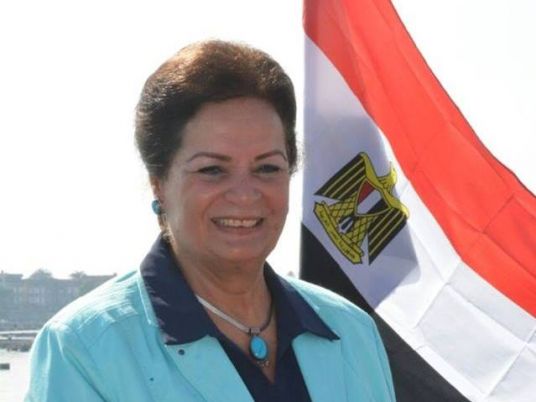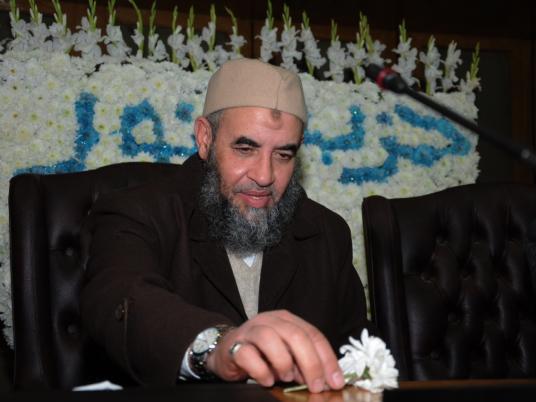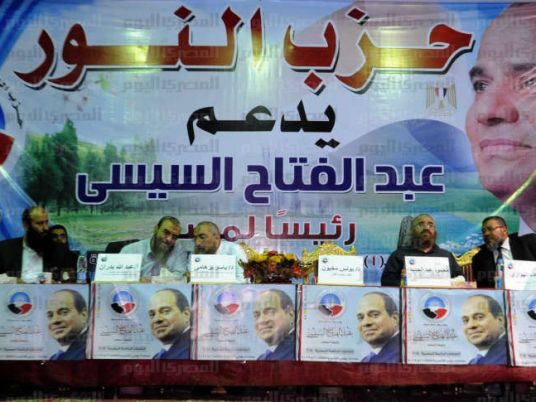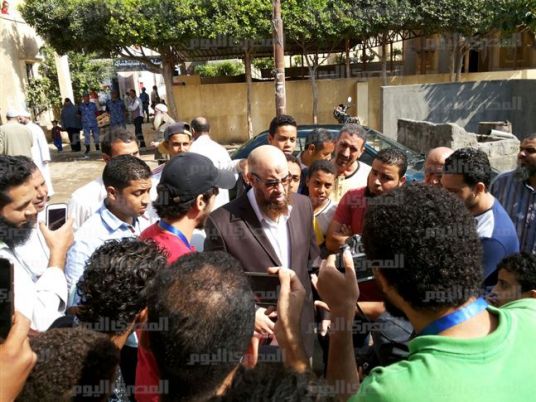If ultra-conservative Salafis thought that the ascendance of Brotherhood-affiliated President Mohammed Morsy to power would bring to an end their persecution by police, the case of Mohammed Sherif al-Walili might cause them to think again.
Walili, a recent graduate of a law school who started to pursue his masters degree at Al-Azhar University, presented a research paper about the late Islamist hardliner Sayyed Qutb and his impact on the thoughts of jihadi groups on 30 July.
“On 1 August, two informants stormed my home in [the Delta city of] Damanhour and arrested me. I was kept in custody for six days in Damanhour’s national security office and was interrogated by Captain Mohannad Abul Einen and was then transferred to Cairo,” Walili, 23, told Egypt Independent.
Walili said that the captain who interrogated him in Damanhour was the same police officer who used to arrest and interrogate him before the revolution. The apparatus used to be called “State Security” before it was dissolved on March 2011 and another, named “National Security,” was established in its place.
Critics argue that no substantive changes occurred to in the practice of the new apparatus.
“I was left in a room filled with cold water so that I could not sleep. I was kept in solitary confinement, but I heard the voices of others detained in the nearby cells,” Walili alleges, adding that he was given only one meal every day, and was interrogated every three days.
Walili alleges he was beaten by his interrogators, although nowhere near as heavily as he used to be before the revolution.
The interrogation focused on Walili's research, and included questions about his political affiliations and ideas. He was released on 21 September, 50 days after he was initially detained, and was forced to sign a written consent not to continue with this research.
Walili said he had showed an outline of his dissertation to no one but his professor.
Head of the Arab Network for Human Rights Information Gamal Eid said this is not the first case in which National Security was accused of rights violations. During the sectarian clashes in Imbaba of May 2011, one of the defendants arrested in the case was allegedly tortured during interrogation.
Eid says that since the state of emergency was lifted, National Security has no legal ground to detain citizens in the manner described by Walili.
According to the Emergency Law, police can arrest citizens without judicial arrest warrants during a state of emergency.
"During the state of emergency, State Security detained citizens based on an administrative detention decision issued by the Ministry of Interior. Now, the detention is not justified without legal grounds. Legally, this is an abduction case," Eid told Egypt Independent.
Eid also argues that National Security premises are not authorized places of detention.
"According to his claims, Walili was unlawfully detained in an unauthorized place of detention, and tortured. This is a group of violations," he added.
After lifting the state of emergency, Eid argues, National Security is entitled to operate only under the Penal Code.
Rights organizations slammed the continuation of the methods used by the dissolved state security apparatus. They claim that the new apparatus needs restructuring, or should be dissolved.
“We have been urging President Mohamed Morsy to restructure the police system, especially National Security. We also call for the abolition of State Security Courts,” Eid said.
State Security Courts, Eid argues, should have been disbanded after state security was dissolved. The courts are exceptional courts; its verdicts are final and cannot be appealed. Morsy appointed 3,649 new judges to state security courts last week.
Deputy Head of the Ministry of Interior’s media office General Hani Abdellatif told Egypt Independent that the Ministry knows nothing about Walili’s allegations, promising a swift investigation in the matter.
Walili has documented his case with Al-Nadeem Center for the Rehabilitation of Victims of Torture and is in the process of filing a complaint with the Prosecutor General.




